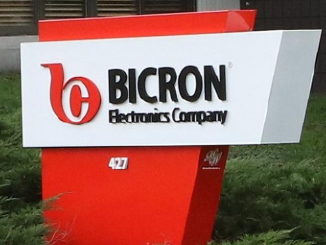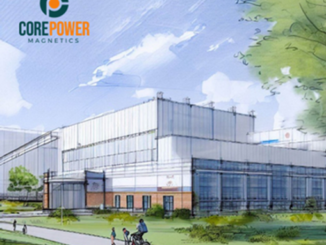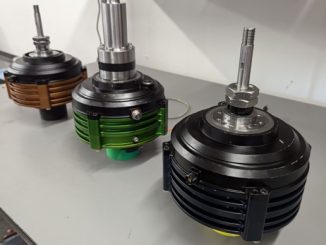
As the world recovers from the Covid-19 pandemic, it can be worthwhile to reflect on how a particular magnetic alloy made a positive impact in the battle. At its peak, the pandemic posed unanticipated challenge throughout diverse avenues of the industrial supply chain including many providers of specialized magnetic technologies. However, through the crisis, the manufacturing community’s strength was put to the test as a wide range of companies pooled their innovative talents and production resources to help meet the medical community’s needs.
One such company was Philadelphia-based Carpenter Technology, a global leader in the development and manufacture of specialty alloys, many of them having specialized magnetic properties. This is the story of their Silicon Core Iron B-FM, a proprietary soft magnetic material used in the production of ventilators that demand consistent, repeatable performance to readily synchronize with a patient’s breathing effort. The full story is available in a presentation on the company’s website, highlighted here.
Silicon Core Iron B-FM is a modified free-machining alloy offering improved machining characteristics with no sacrifice in magnetic properties, explains Carpenter. It displays lower residual magnetism, higher electrical resistivity, and is more magnetically soft when heat treated under identical conditions than Silicon Core Iron B, with magnetic characteristics and cold working/cold forming properties in the same range.
It is melted in electric arc furnaces to exacting chemical specifications and carefully controlled through all manufacturing processes to produce a fine-grain, uniform quality magnetic core iron. It is used in applications requiring a magnetic core component superior to mild steel, magnetic iron (99.2% Fe minimum), and a 1% silicon core iron. It is an alloy that can bridge a variety of markets including aerospace, transportation, consumer, industrial – and medical.
As hospitalizations soared during the first wave of the virus, so too did the need for ventilators. The sense of urgency stemming from the stress on the supply chain led ventilator producers to publicly share design files to accelerate production through the open-source community. Carpenter fielded calls to provide a medical alloy to manufacturing companies answering the call to support the medical community.
“Working with our strategic customers to understand the spike in demand, we learned how to best support the materials needs challenges faced by our partners,” explained Brent Marini, Strategic Business Developer – Medical at Carpenter. “Our nimble approach toward planning, manufacturing, and our complete integration into one location in the United States positioned us to reduce the lead time by 40% to meet the critical timelines.” For more info, see www.carpentertechnology.com.



